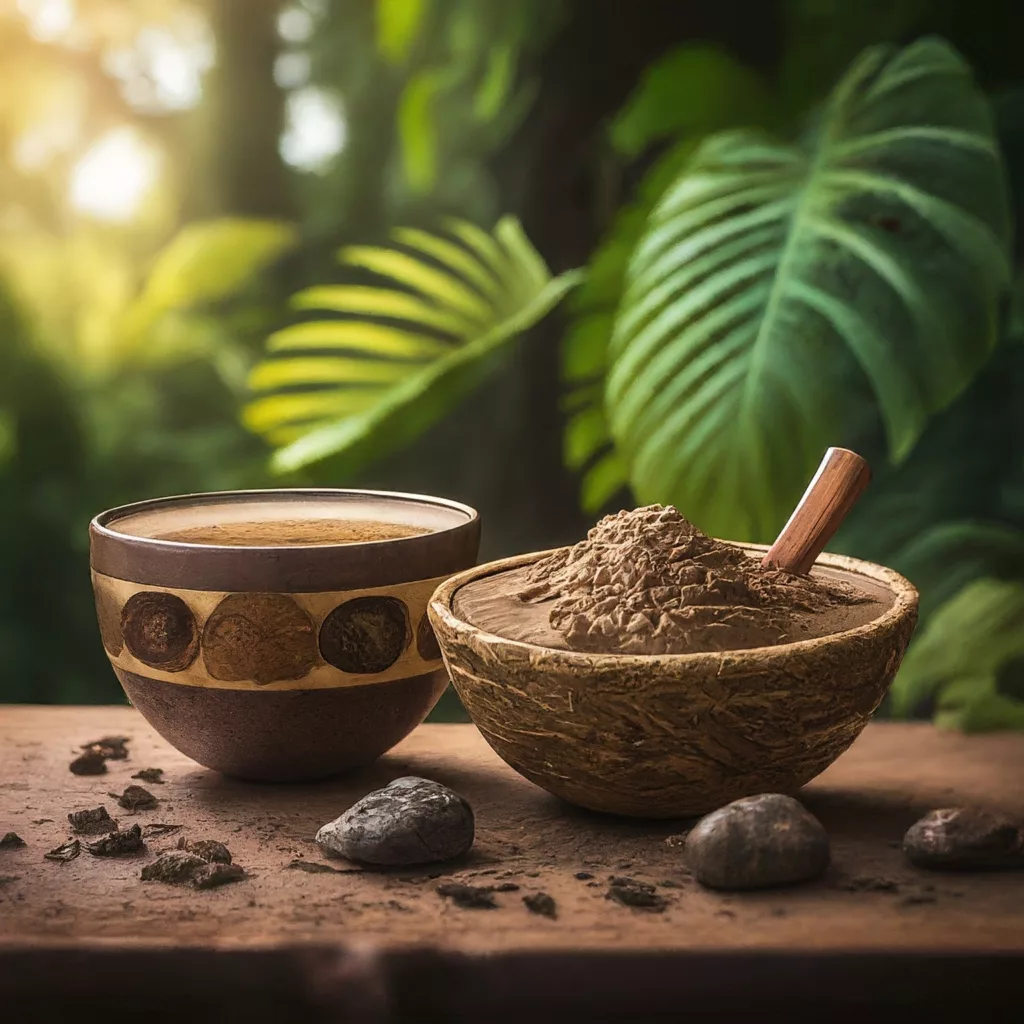In the quest for natural remedies and non-alcoholic alternatives, kava stands out as a fascinating option with roots deeply planted in the rich soils of the Pacific Islands. Known scientifically as Piper methysticum, which translates to “intoxicating pepper,” kava has woven its way through the fabric of South Pacific cultures for centuries. Today, it’s celebrated globally, not just as a ceremonial drink but as a dietary supplement with numerous health benefits. However, with its popularity comes a discussion about its safety, particularly concerning liver health. This article delves into the benefits of kava, backed by research and scientific understanding, while addressing concerns about its use.
Kava, or awa as it’s known in Hawaii, is derived from the root of the plant. Its active components, kavalactones, interact with the brain’s GABA receptors, influencing the nervous system to promote relaxation without impairing cognitive function. This mechanism is notably different from that of benzodiazepines and antidepressants, which can cause drowsiness and other side effects. Kava’s unique pharmacology allows it to serve as an herbal remedy for stress, anxiety, and sleep disturbances.

Clinical trials, including those comparing kava extract to a placebo, have shown its efficacy in reducing the symptoms of generalized anxiety disorder. Unlike pharmaceutical alternatives, kava supplements offer relief without the risk of dependency or severe side effects.
For those seeking a restful night without the hangover of traditional sleep aids, kava tea or tinctures might be the answer. The muscle-relaxant and sedative effects of kavain, one of the kavalactones, can facilitate deeper and more restorative sleep.
Emerging research suggests potential benefits in the context of neurodegenerative diseases like Parkinson’s. Kava’s interaction with dopamine receptors and its antioxidative properties might offer protective benefits, though more research is needed.
The discussion of kava’s benefits is incomplete without addressing the elephant in the room: liver health. Reports of liver damage, including instances of liver failure and hepatitis, have led countries like Germany and Canada to scrutinize and regulate kava products. The U.S. Food and Drug Administration (FDA) has issued warnings about the risk of liver injury, emphasizing the importance of moderation and caution, especially for individuals with existing liver problems or those taking medications that affect liver enzymes.
Kava presents a compelling case as a natural supplement for those exploring herbal remedies to improve mental well-being and sleep quality. Its use, steeped in centuries of tradition in the South Pacific, offers a glimpse into the potential of herbal medicines to complement modern lifestyles. However, as with all supplements, the key to safe use lies in informed choices, quality products, and moderation. Whether you’re considering kava tea for relaxation or kava extract for anxiety, starting a conversation with a healthcare professional can ensure you navigate the benefits of kava while minimizing risks.